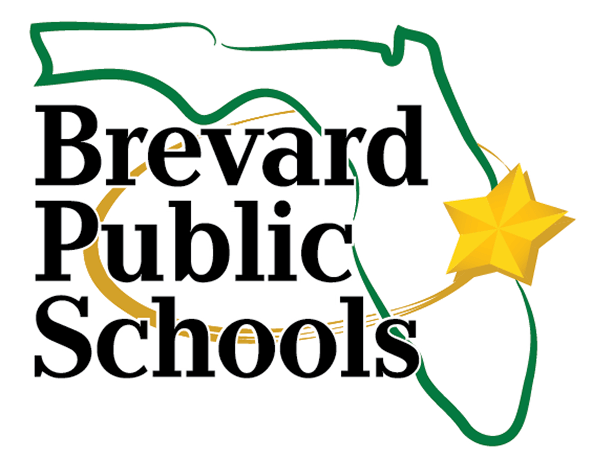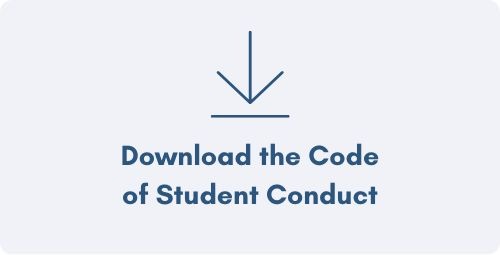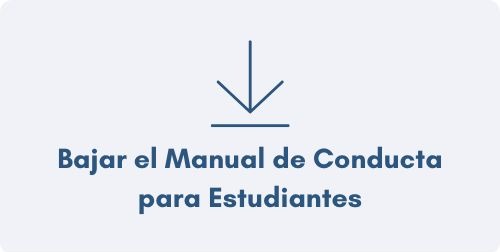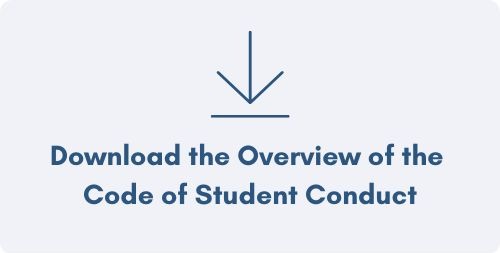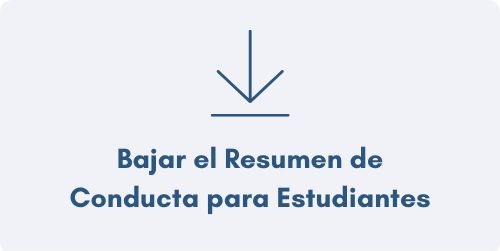CODE OF STUDENT CONDUCT
INTRODUCTION
Brevard Public Schools is deeply committed to developing and maintaining safe, respectful, and orderly learning environments where staff and students thrive, feel supported and celebrated. It is Brevard Public School District’s Mission “to serve every student with excellence as the standard”.
OUR WHY
• We believe student success is driven by climate and culture, which begins with clear expectations and meaningful connections.
• All students should have a positive learning experience in the classroom that motivates regular attendance and engagement with curriculum.
• Our responsibility is to provide appropriate behavioral and skill building strategies and interventions.
NEW CHANGES
• All Wireless Communication Devices must be either turned to vibrate or powered off during the entire school day, from "morning bell to dismissal bell".
• Updated Guidelines for Wireless Communication Device Use/Misuse pg. 19
• Discipline Levels of offenses have been changed for certain infractions. For detailed information, refer to the Code of Student Conduct handbook pg. 8-18
• Updated Attendance Procedures outlined in table form for convenience pg. 37
• Updated School Community Responsibilities pg. 6
• Code of Student Conduct is now available in both the Student and Parent portal in Focus for added convenience.
• Doctor's notes are no longer required for absences to be considered excused.
We encourage all parents/legal guardians to partner with us by reviewing the entire Code of Student Conduct with your children to ensure a successful school year for them.
RESPONSIBILITIES

